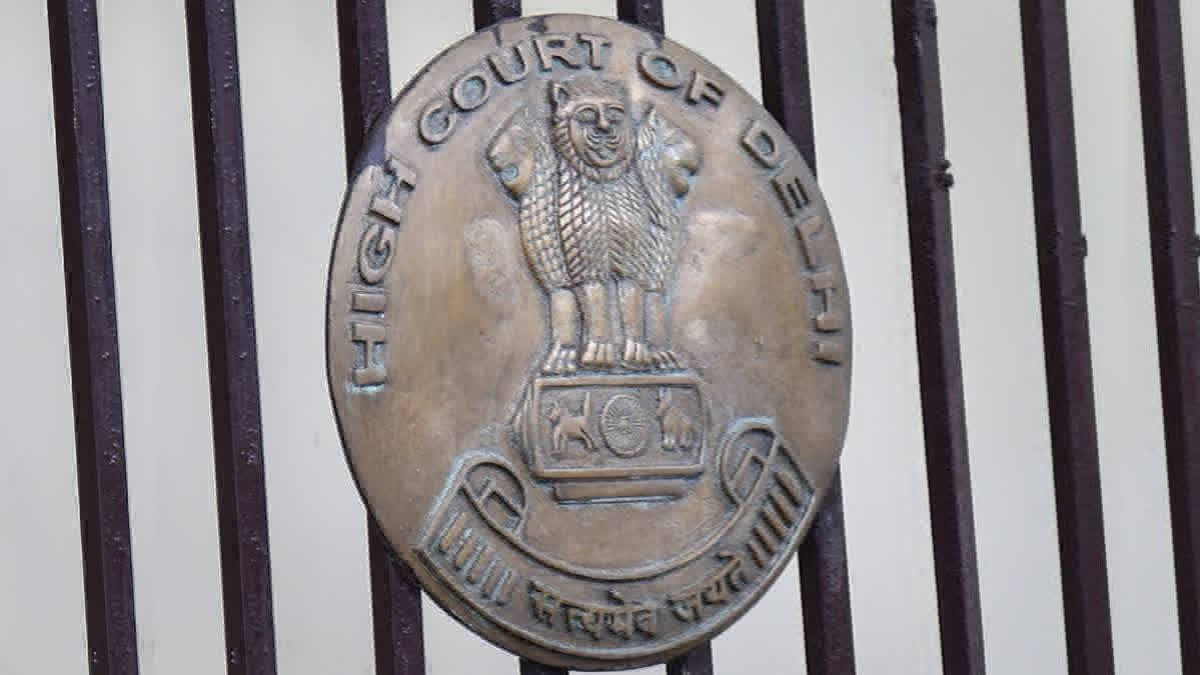New Delhi: The Delhi High Court has held the Election Commission of India did not have any supervisory jurisdiction to review whether a political party was following its constitution. Justice Jyoti Singh said the Representation of People (RP) Act did not confer upon the Election Commission of India (ECI) any supervisory jurisdiction to scrutinise the conformity of its internal elections in line with its constitutional provisions.
The court said under Section 29A of the Act, the task of the ECI was mainly limited to considering applications for registration of any association or body of individual citizens as a political party and ensuring any subsequent material changes were communicated for the sake of accurate records.
"... but once a political party is registered, Section 29A does not confer upon the ECI any supervisory jurisdiction to review whether the party adheres to its constitution and/or to scrutinise the conformity of its internal elections with its constitutional provisions," the court's January 30 order said.
Section 29A deals with registration of associations and bodies with the EC as political parties. The high court was dealing with a petition by Parvendra Pratap Singh, the national president of Bahujan Mukti Party. Singh sought a direction to the ECI to issue a fresh notice to convene the meeting of the party's national working committee and to elect the office bearer after serving a proper notice to the members according to the guidelines in the party's constitution.
The plea also sought a direction to the ECI to accept and take on record the newly-elected office bearer of the party elected in the national working committee in 2022. The petition was opposed by the ECI counsel who objected to the maintainability of the plea on the ground that it can't be directed to resolve internal disputes within political parties.
The high court dismissed the petition being bereft of merit and granted liberty to the petitioner to take recourse to civil remedies.
"Bahujan Mukti Party is a registered unrecognised political party and no direction can be issued to ECI to exercise supervisory jurisdiction with respect to its internal matters relating to election, etc., let alone a direction to convene the meeting of the national working committee, a direction sought by the petitioner," held the court.
The court referred to a judgment of its division bench which said the ECI could not to resolve internal disputes of political parties and in case of any grievance, the remedy would lie in filing a declaratory suit or any other appropriate civil remedy.



